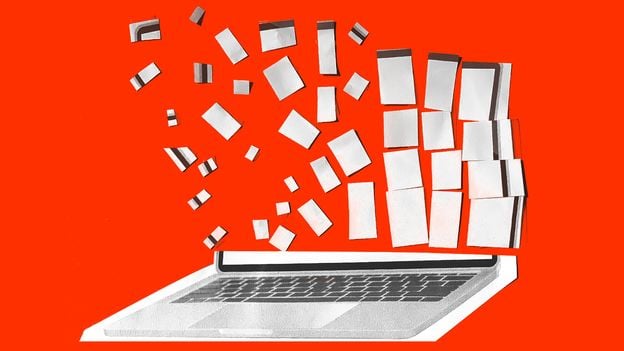- cross-posted to:
- news
- cross-posted to:
- news
cross-posted from: https://feddit.org/post/2958203
There is an interesting study (May 2024), also linked in the article: When Online Content Disappears
Historians of the future may struggle to understand fully how we lived our lives in the early 21st Century. That’s because of a potentially history-deleting combination of how we live our lives digitally – and a paucity of official efforts to archive the world’s information as it’s produced these days.
However, an informal group of organisations are pushing back against the forces of digital entropy – many of them operated by volunteers with little institutional support. None is more synonymous with the fight to save the web than the Internet Archive, an American non-profit based in San Francisco, started in 1996 as a passion project by internet pioneer Brewster Kahl. The organisation has embarked what may be the most ambitious digital archiving project of all time, gathering 866 billion web pages, 44 million books, 10.6 million videos of films and television programmes and more. Housed in a handful of data centres scattered across the world, the collections of the Internet Archive and a few similar groups are the only things standing in the way of digital oblivion.
“The risks are manifold. Not just that technology may fail, but that certainly happens. But more important, that institutions fail, or companies go out of business. News organisations are gobbled up by other news organisations, or more and more frequently, they’re shut down,” says Mark Graham, director of the Internet Archive’s Wayback Machine, a tool that collects and stores snapshots of websites for posterity. There are numerous incentives to put content online, he says, but there’s little pushing companies to maintain it over the long term.
Despite the Internet Archive’s achievements thus far, the organisation and others like it face financial threats, technical challenges, cyberattacks and legal battles from businesses who dislike the idea of freely available copies of their intellectual property. And as recent court losses show, the project of saving the internet could be just as fleeting as the content it’s trying to protect.
“More and more of our intellectual endeavours, more of our entertainment, more of our news, and more of our conversations exist only in a digital environment,” Graham says. “That environment is inherently fragile.”



are you alright dude? have you never heard of DMCA?
They’d have to find my archives first, absolutely none of them are on the frontend. I don’t use the archive in any normal manner, and the links are effectively randomized so there’s no chance of just guessing any of my links.
I’ve been doing it for years and they haven’t pulled anything down yet.